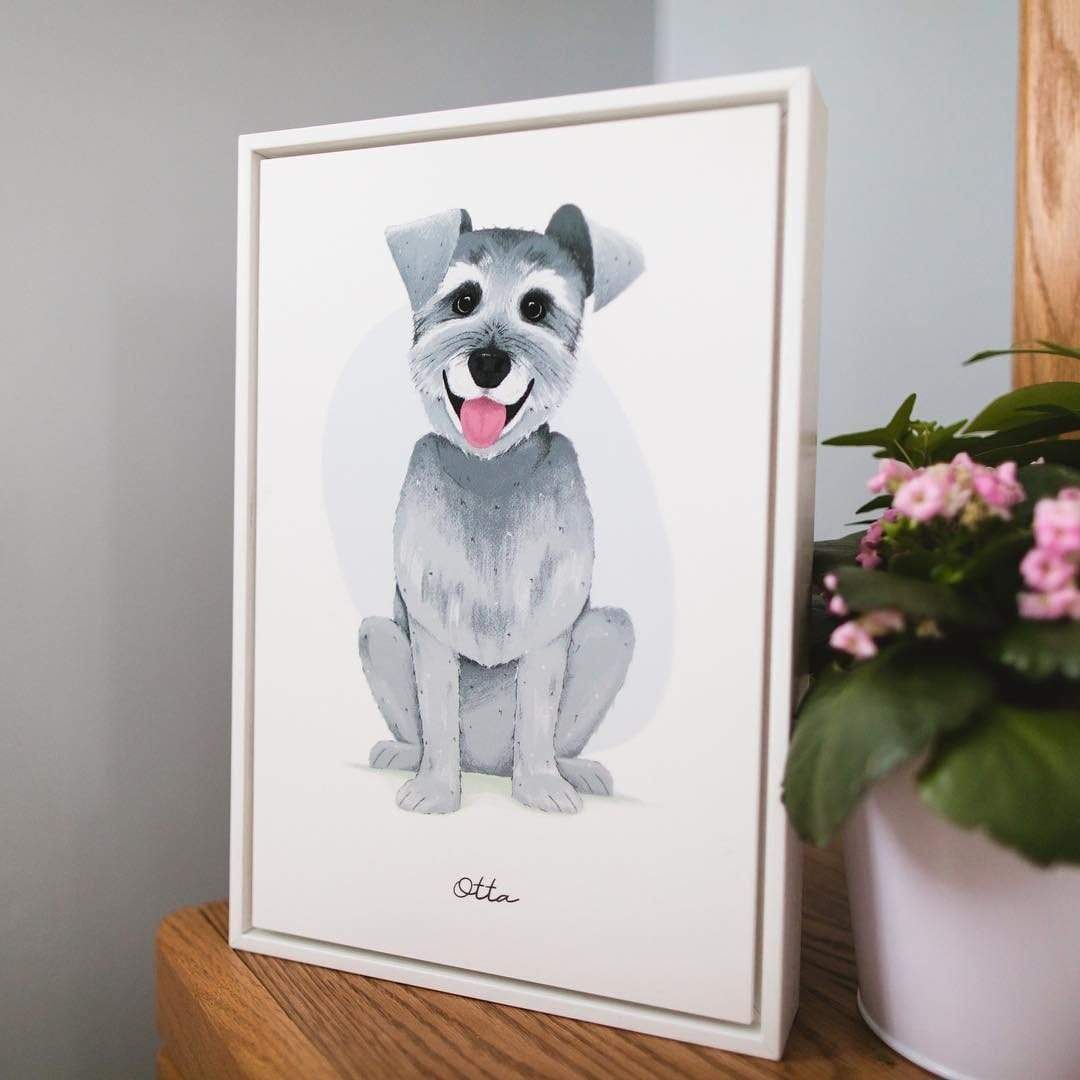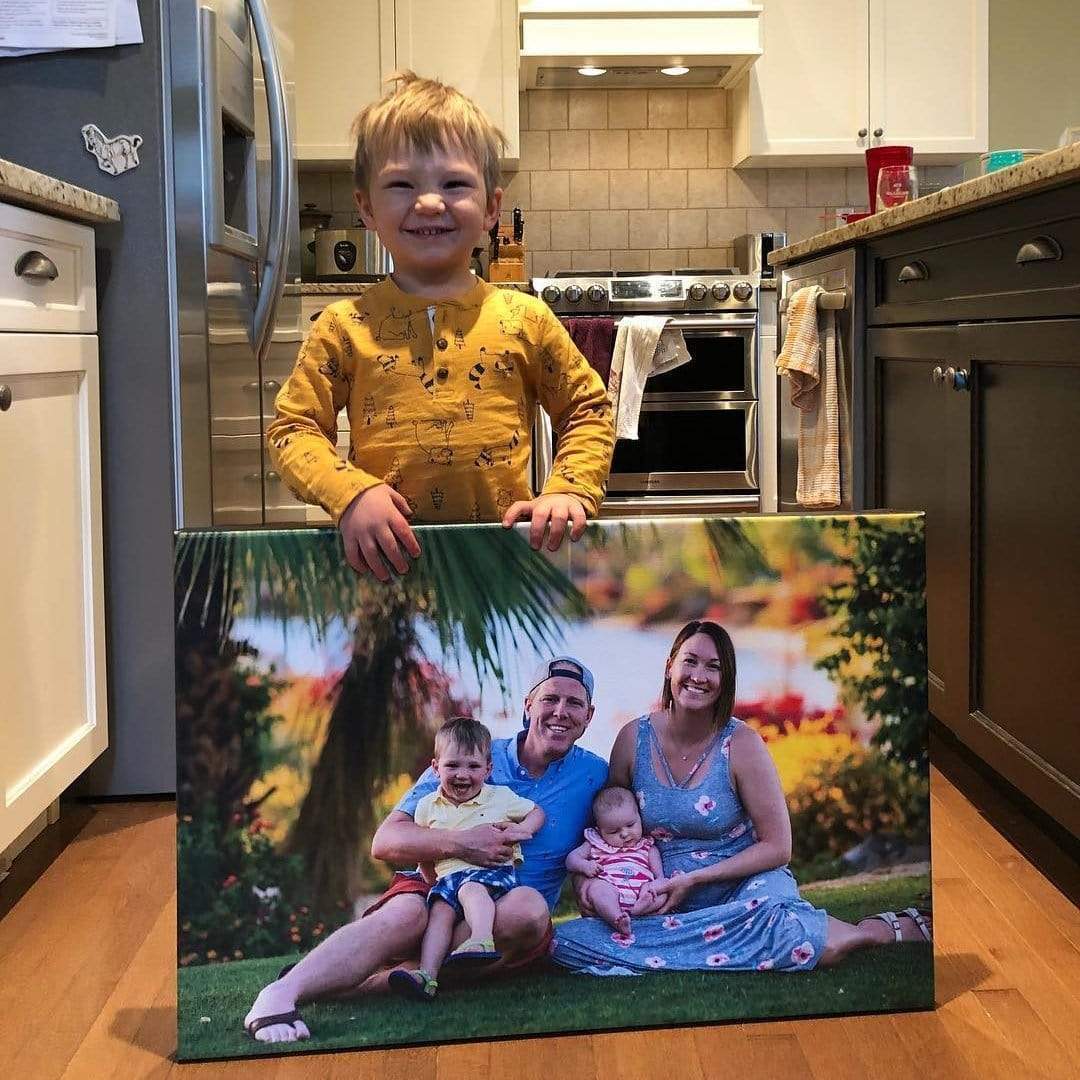To be able to capture excellent portraits, there are several things you need to consider, from correct lighting and ideal camera equipment to creative posing and subject matter. Photographing babies, for example, can present entirely different challenges than taking portraits of adults. Here we will focus on the top 10 composition tips for stunning portrait photos.
1. Follow the Rule of Thirds
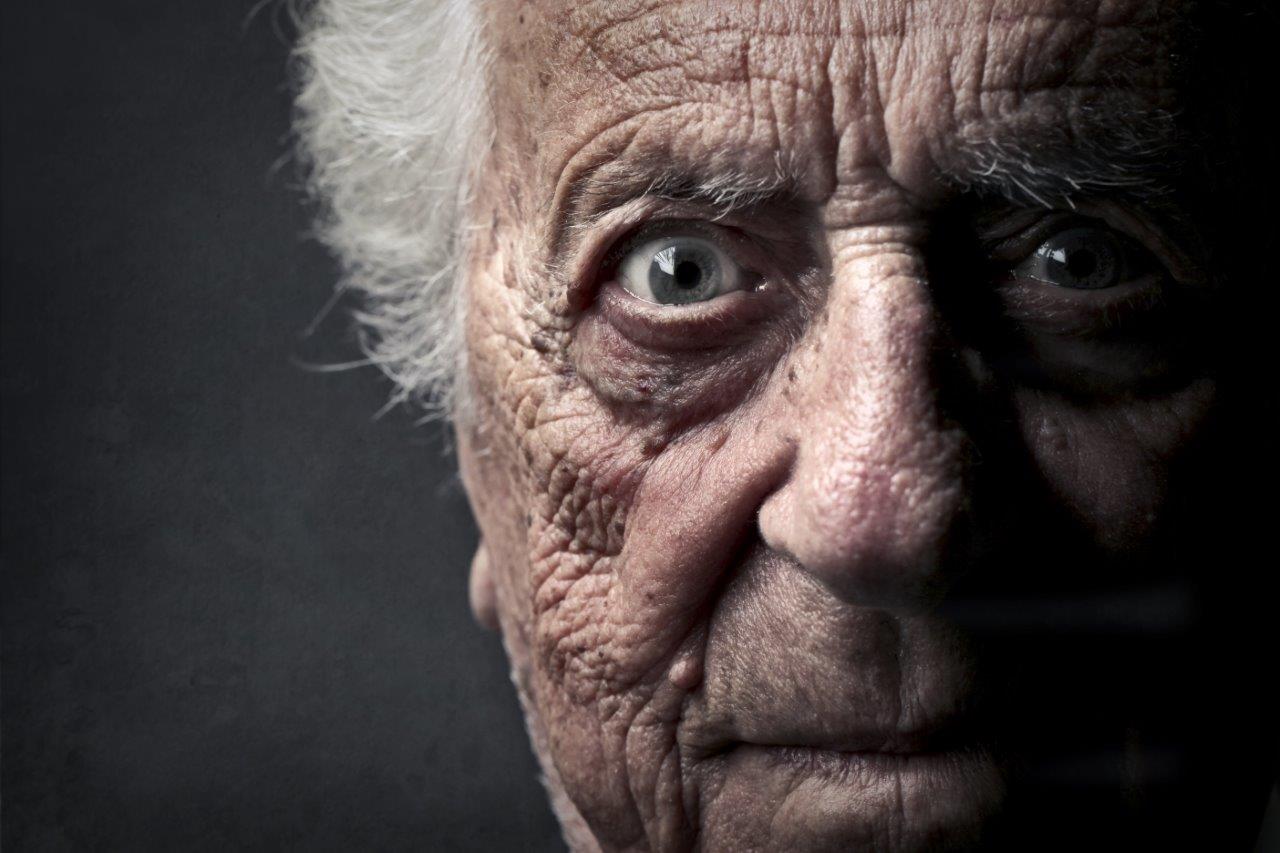
Perhaps one of the first composition techniques a photographer learns is the rule of thirds. In portrait photography, it’s best to compose your shot so the subject’s eyes are in the top third of the image. The exception to this is when the portrait photo includes a full body shot; in this case, the person can be positioned in either the lower third of the image, or on the left or right third.
2. Include Texture 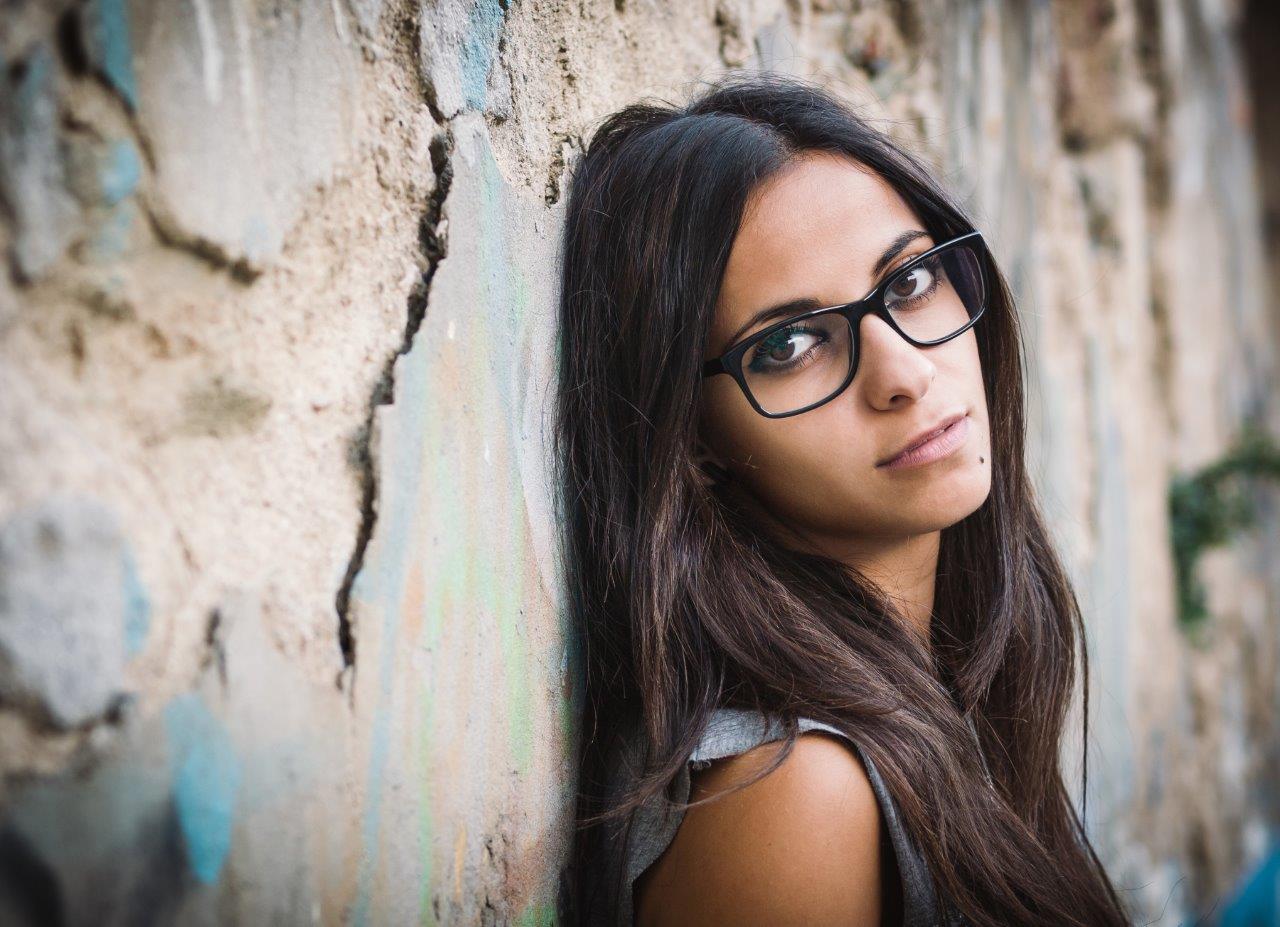
Add interest and detail to your portrait photography by including texture in your images. Position your subject against a background which has a contrasting texture. For example, rough tree bark behind the smoothness of a child’s face or a close-up of your wrinkled grandpa against the soft skin of your newborn.
3. Fill Your Frame
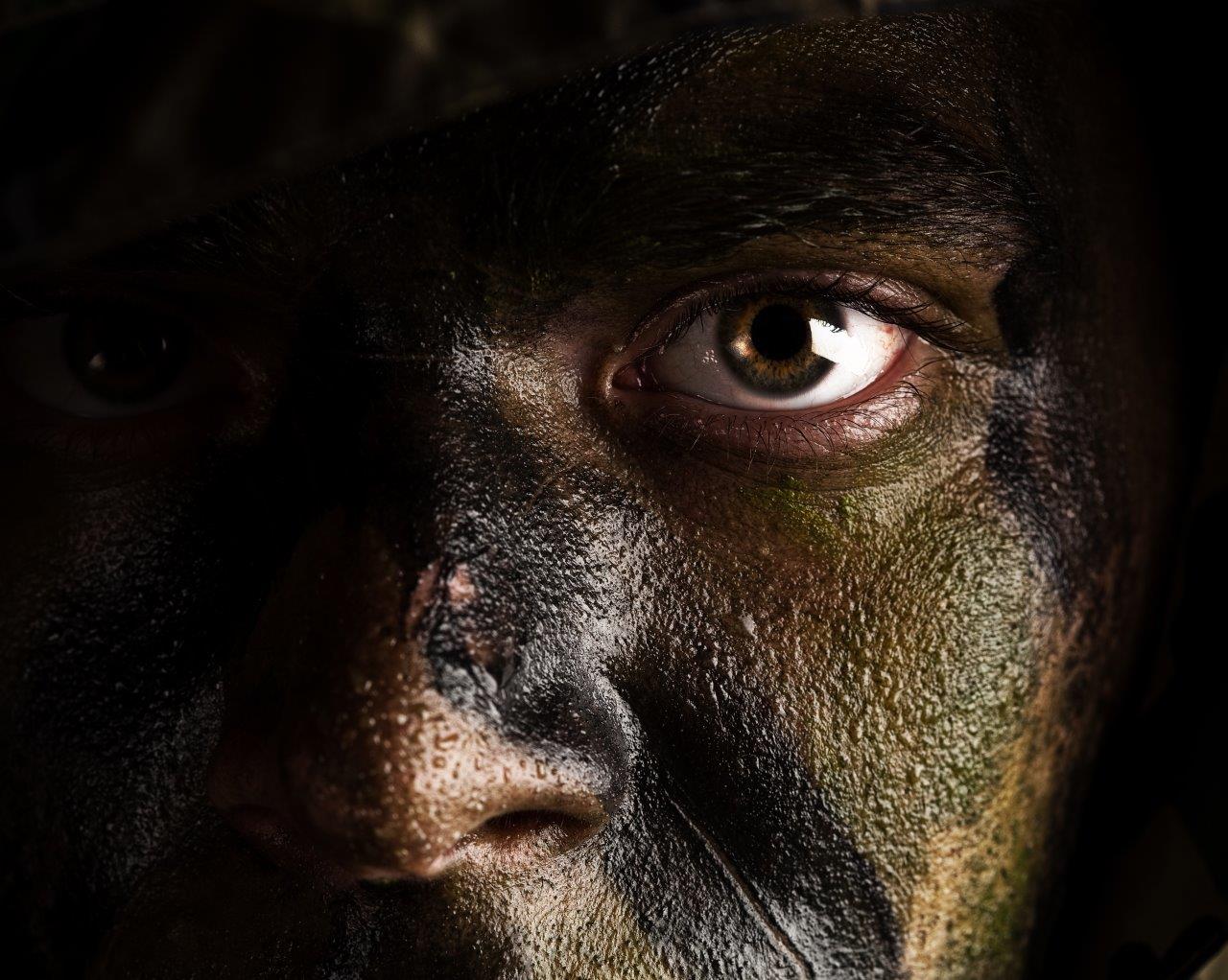
To eliminate unwanted distractions in your portrait photo, compose your shot so the subject’s face fills the frame. Filling your frame can also help to add texture and detail to your photos – lines, wrinkles, sweat, and the finer details of the eyes will all stand out more.
4. Create a Shallow Depth of Field 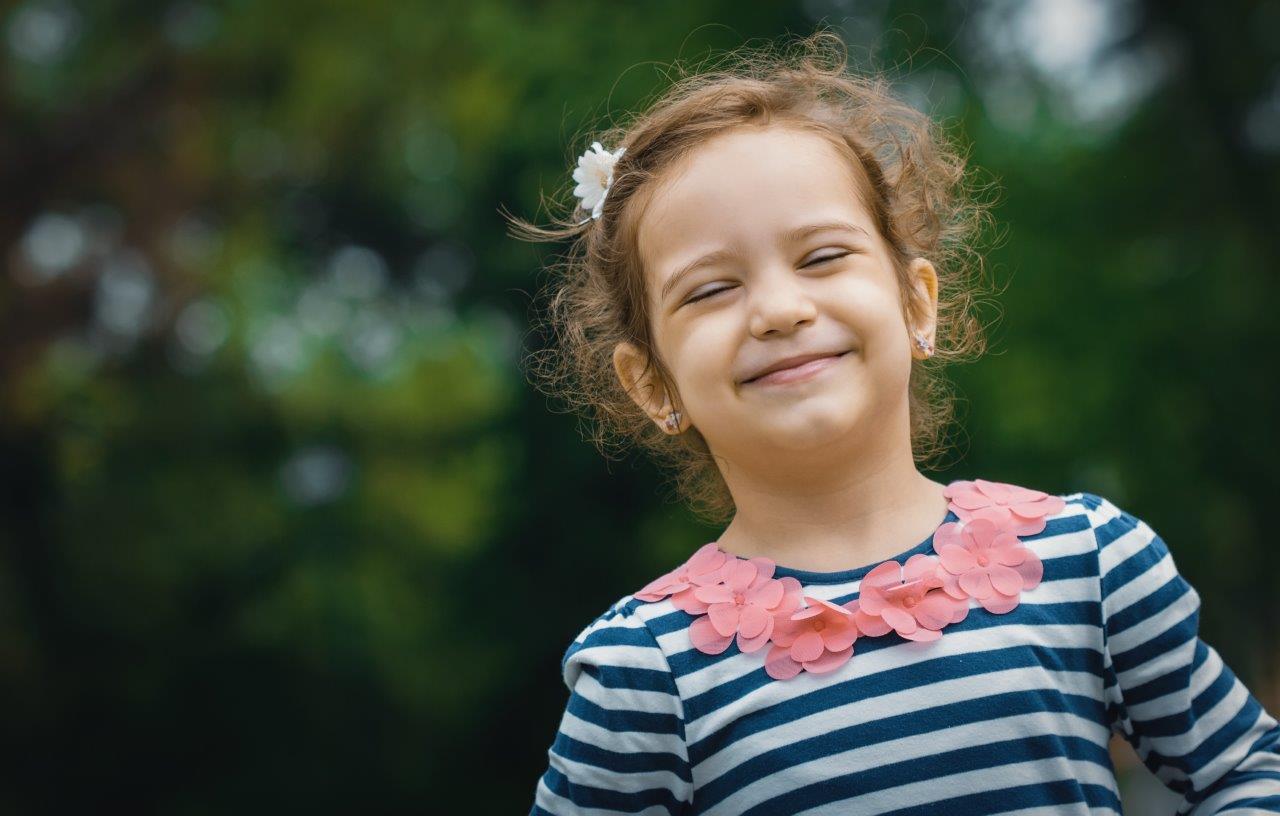
Another way to eliminate distracting backgrounds to ensure the focus of your portrait photo is where it should be—on the subject!—is to create a shallow depth of field by shooting with a large aperture (small f-stop number). Also, to help obtain a shallow depth of field, don’t have your subject stand too close to any background object or your camera will attempt to focus on both the background and your subject (if you’re shooting on auto, that is).
5. Provide Direction 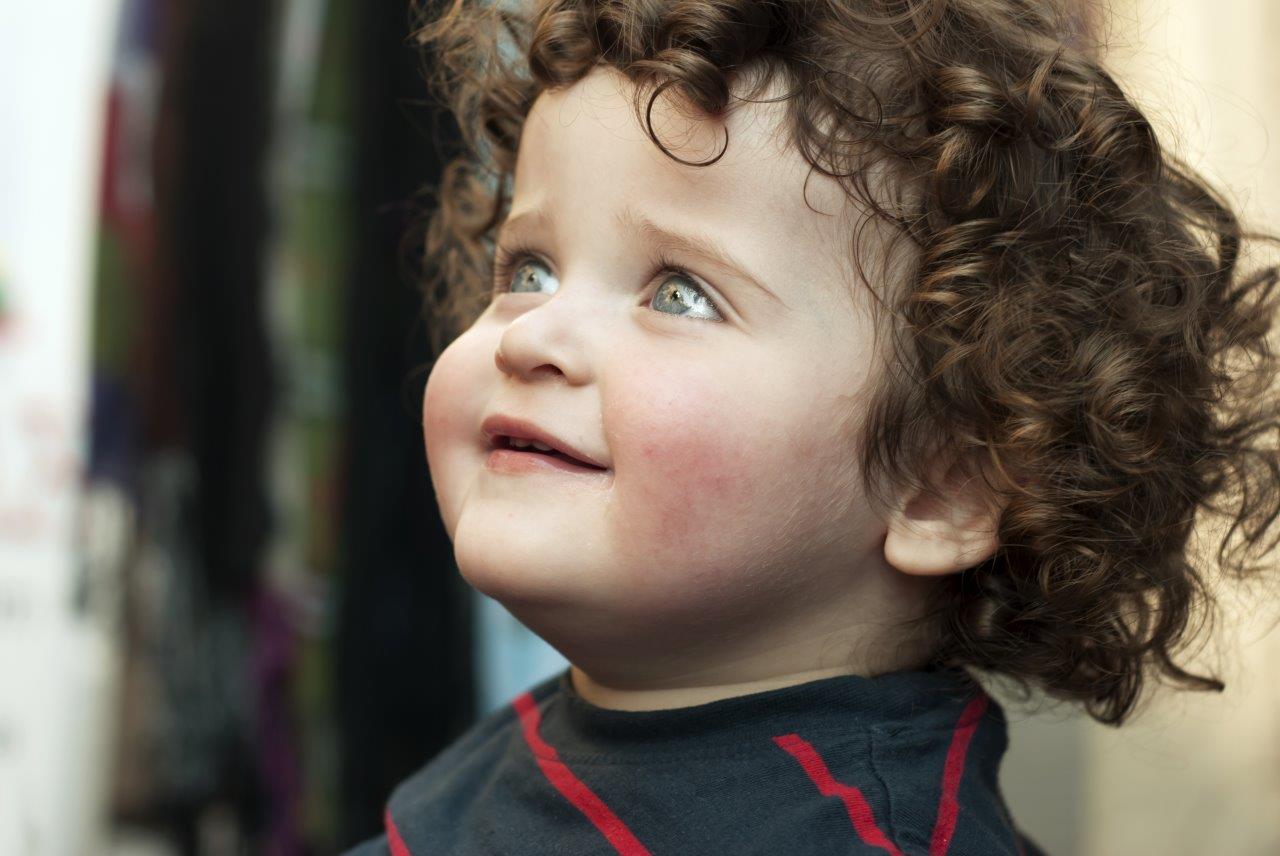
When positioning your subject, consider the direction of their body and/or eyes. Compose your photo so the subject has space to look into and so they aren’t positioned so their body is pointing immediately out of the frame.
6. Use Leading Lines 
Draw attention to your subject by composing your image to include leading lines. Doing so will direct the viewer’s eyes to your intended focal point, whether it’s the person in general or something more specific, such as your subject’s eyes or hands.
7. Be Creative With Compositional Framing 
Similar to using leading lines in portrait photography, compositional framing is another creative way to draw attention to your subject and to help add a great element of interest.
8. Shoot From Different Angles 
When photographing someone’s portrait, don’t feel you need to take the head-on approach. Photos can be a lot more effective if you photograph from different perspectives or angles.
9. Consider Your Colours 
High contrasting colours can really help make a portrait photo “pop.” Using the colour wheel as your guide, select a background colour opposite from the colour your subject is wearing. For example, if your subject is wearing a red shirt, use a green background. Consider editing your photos to have selective colouring; a black and white portrait with only the subject’s eyes, or other selected element, in colour can have stunning results.
10. Break the Rules 
As with any form of photography, don’t be afraid to break the rules. Forget the rule of thirds or the “proper” way to incorporate leading lines once in a while, you might be happy with the results!
Got a composition tip you live by when taking portrait photos? Leave a comment to share it! And once you get a perfect portrait, turn it into art by having it made into a beautiful Posterjack Canvas Print. Expertly hand-stretched and whitened using an environmentally-safe process, Posterjack will print your photo using world-class printers and your photo is protected with a state-of-the-art lamination procedure. Your portrait photo will look amazing printed on canvas!










